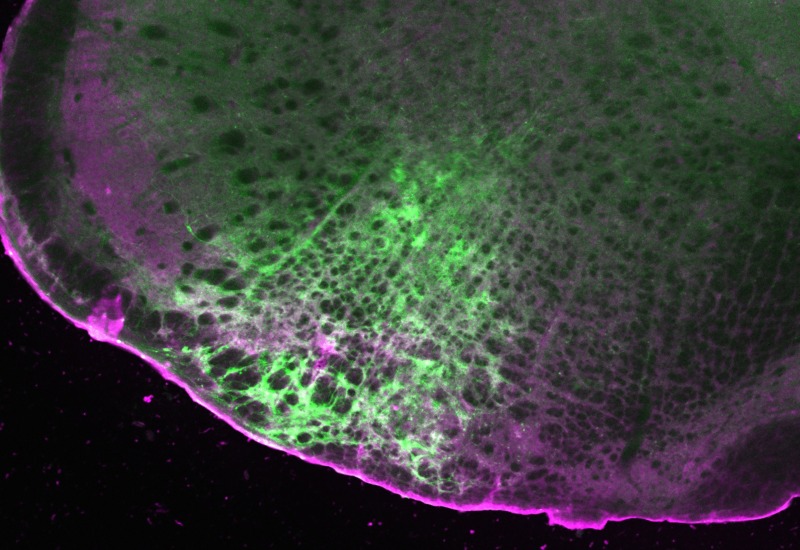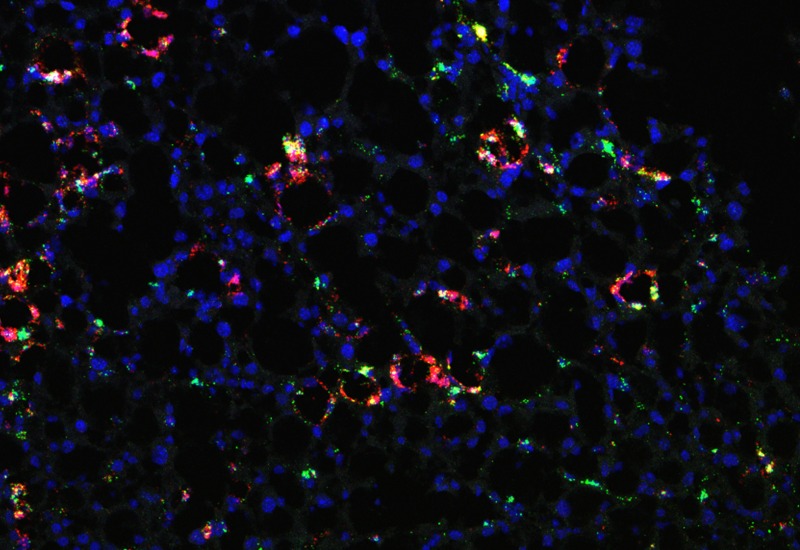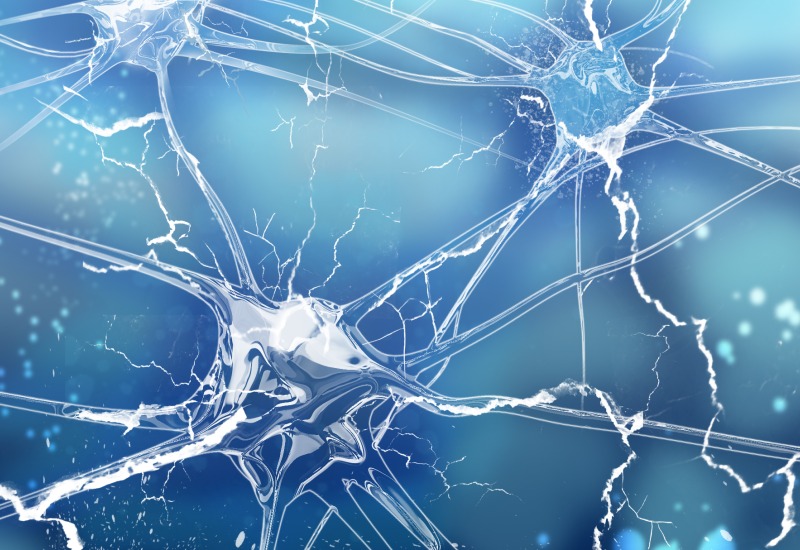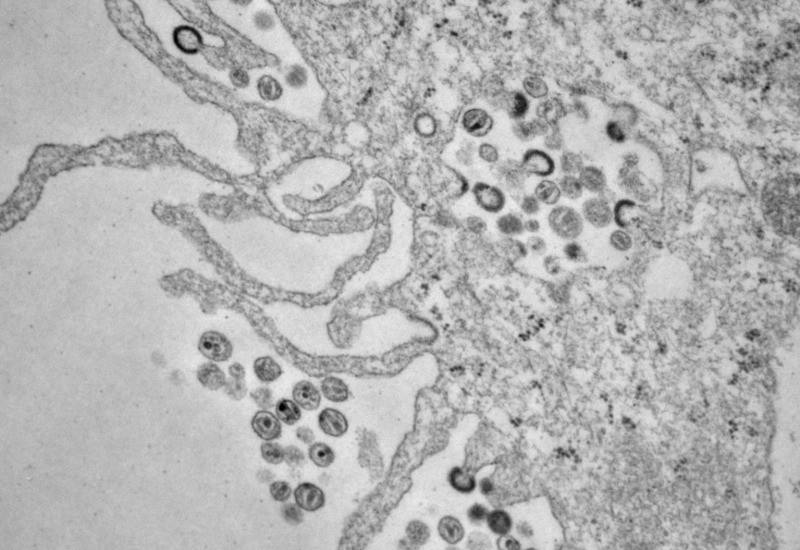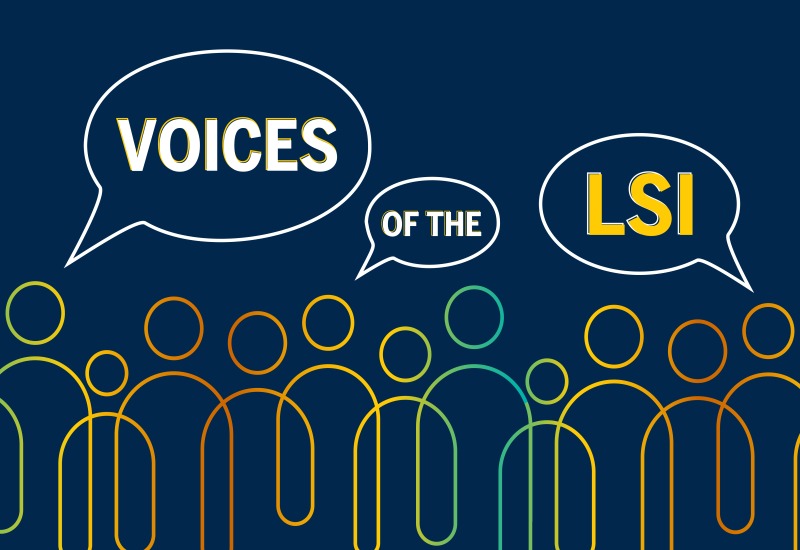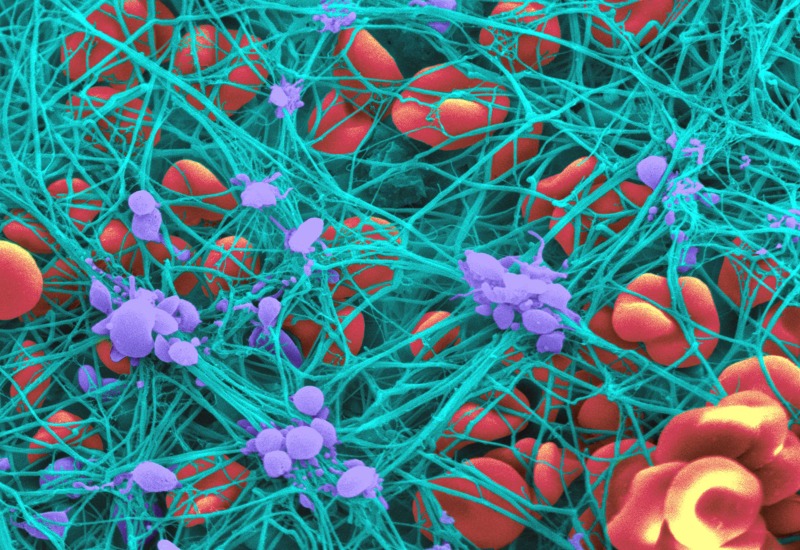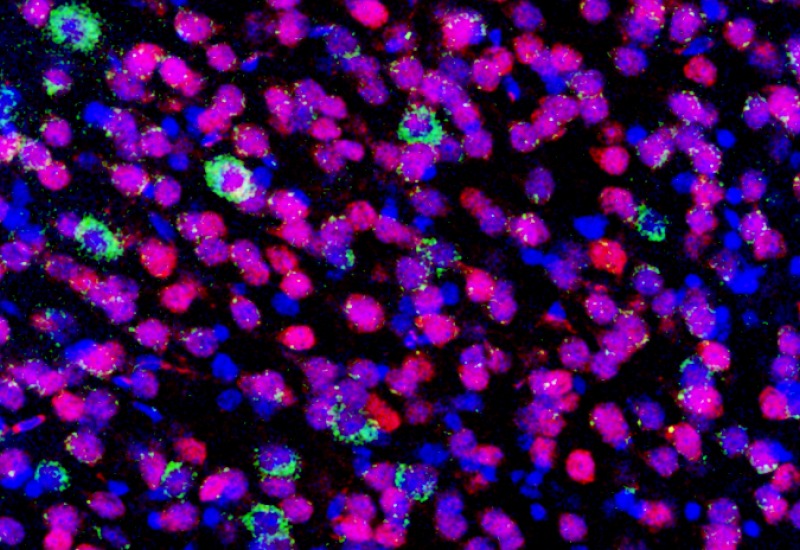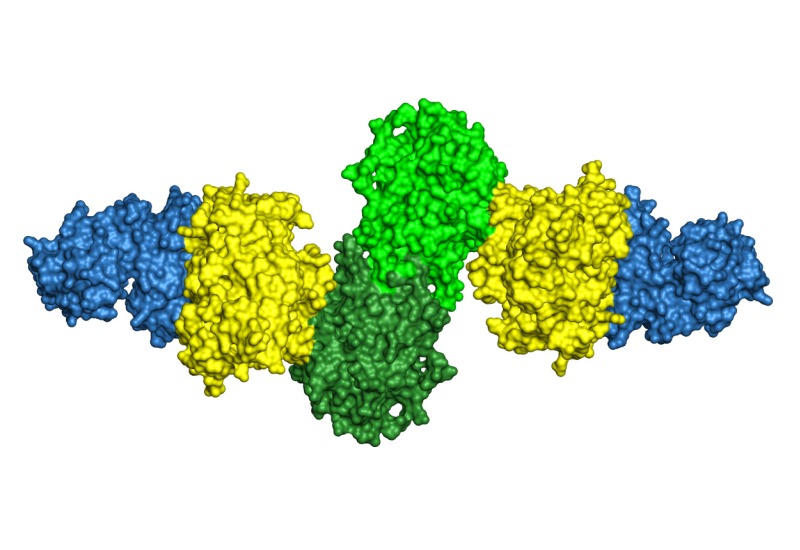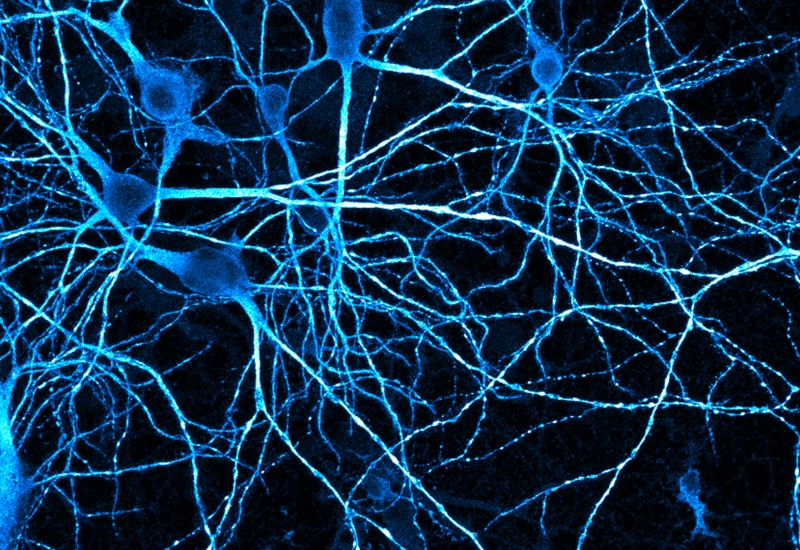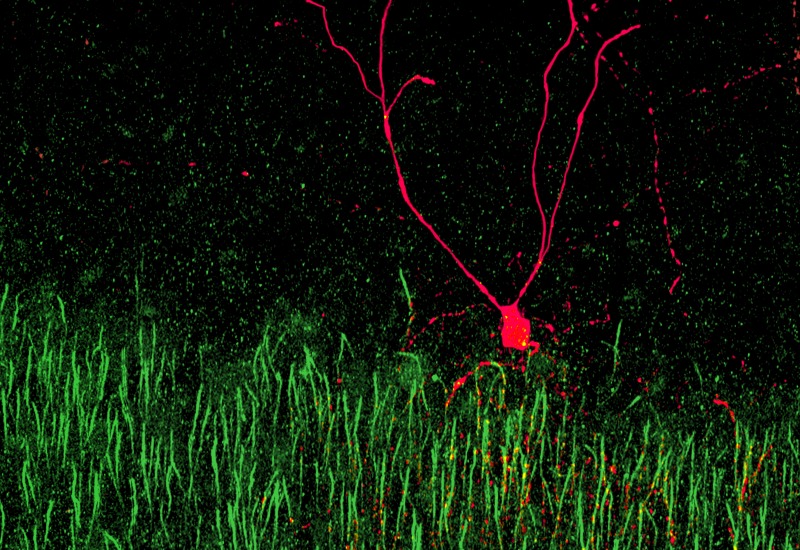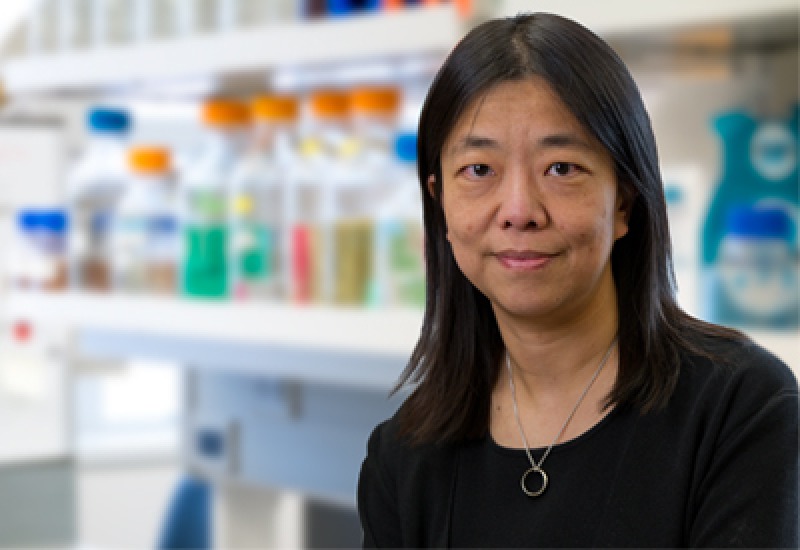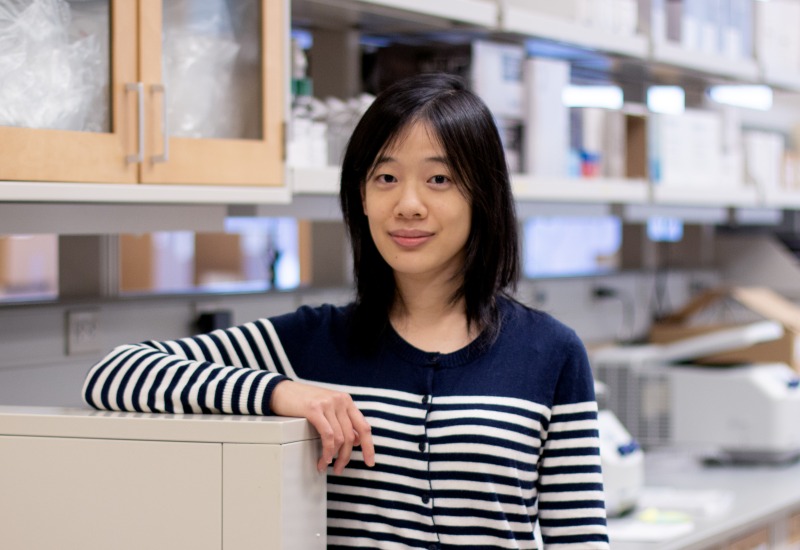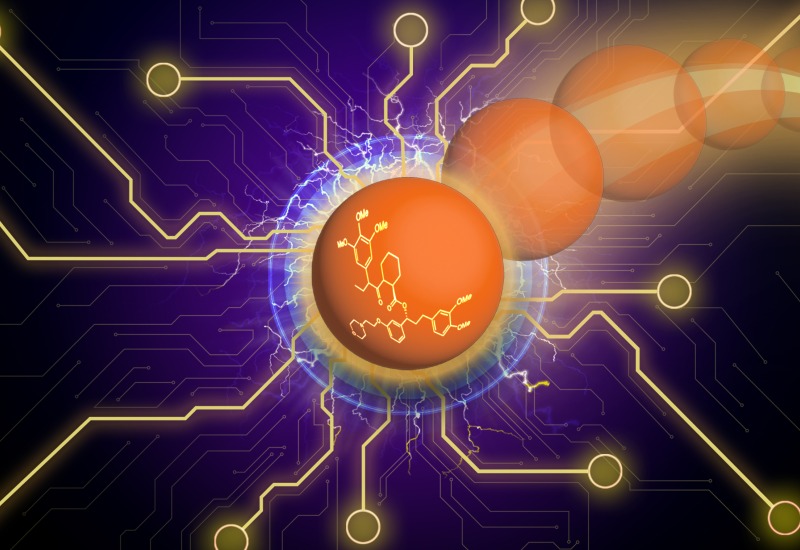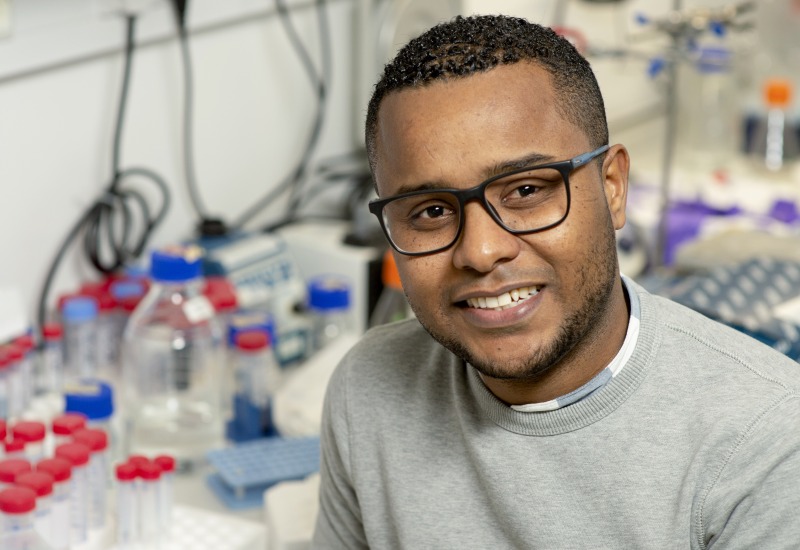New research in mice demonstrates potential for increasing effectiveness of popular diabetes and weight-loss drugs
Adjusting the melanocortin system makes mice more sensitive to GLP-1 drugs and other hormones that affect feeding behavior, according to a new study from the LSI. The researchers are optimistic that the results will translate well to patients.
With philanthropic funding, U-M researcher will probe therapeutic potential of a previously overlooked protein
A structural biologist at the University of Michigan Life Sciences Institute aims to unlock the therapeutic potential of one subtype of ion channels, with support from the Klatskin-Sutker Discovery Fund.
Meet the new U-M faculty member exploring DNA's dynamic organization in 3D
Assistant Professor Herman Fung discusses the development of his scientific career and plans for his new lab at U-M.
Research highlight: Chemical tool illuminates pathways used by dopamine, opioids and other neuronal signals
LSI researchers have developed a chemical tool to detect how signaling molecules travel within the brain to reach and interact with GPCRs. The tool can detect molecules across brain regions without sacrificing spatial resolution.
New understanding of immune cells’ role in driving liver disease points to a potential therapeutic target for NASH
A new study from the LSI reveals how macrophages may be driving, rather than combatting, liver disease in mice.
Researchers uncover protein responsible for cold sensation
LSI researchers have identified the protein that enables mammals to sense cold, filling a long-standing knowledge gap in the field of sensory biology.
Researchers open new leads in anti-HIV drug development, using a compound found in nature
A team of U-M researchers has successfully modified a naturally occurring chemical compound in the lab, resulting in advanced lead compounds with anti-HIV activity.
Voices of the LSI: The power of community engagement in the sciences
"Voices of the LSI" is a regular column on the LSI’s work to cultivate a diverse, equitable and inclusive climate. Savannah Williams describes her own journey as a scientist, her motivation for becoming the LSI's first director of outreach and community engagement, and her plans for this new role.
A basic biological question leads to the first FDA-approved treatment for rare blood disorder
The recently FDA-approved TAK-755 treatment for a rare but potentially lethal blood disorder arose from a fundamental biological question that piqued the interest of scientist in the Ginsburg lab at U-M.
Building on existing strengths, U-M launches expanded multidisciplinary fellowship program with 13 new fellows
Thirteen postdoctoral researchers are initiating novel, crossdisciplinary projects at U-M, with support from the Michigan Pioneer Fellows program.
Scientists develop a new model for understanding sudden death in epilepsy
Researchers accurately recapitulated a model of one type of epilepsy in a mammalian model organism, opening the door to understanding and targeting the mechanisms that lead to the disorder and its associated fatalities.
To sense sound, this earless organism relies on a mechanism found across many species, new study finds
LSI scientists have discovered how millimeter-long roundworms sense sound waves without ears, revealing similarities in sound-sensing mechanisms found in other species, from worms to mammals.
LSI faculty member aims to uncover a new view of neurodegeneration with Klatskin-Sutker Discovery Fund Award
LSI faculty member Shyamal Mosalaganti is developing a novel approach to investigate neurodegeneration from a structural perspective with a new award from the LSI’s Klatskin-Sutker Discovery Fund.
U-M research reveals key piece of the machine that bacteria use to build useful natural products
Researchers have discovered how the pieces of one molecular machine inside bacteria fit together, improving scientists’ abilities to recreate this well-evolved machine in the lab.
Researchers identify new route cellular proteins travel to help maintain a functioning neural network
Scientists have discovered a new pathway that ferries cellular proteins to the cell-to-cell connections that allow neurons to communicate with one another.
A gene involved in Down syndrome puts the brakes on neurons’ activity in mice, new study shows
LSI researchers have demonstrated how an extra copy of a gene that is triplicated in human Down syndrome patients contributes to neuronal dysfunction in mice.
With new Warren Alpert Foundation award, U-M researcher hopes to define the ‘RNA alphabet’
University of Michigan faculty member Vivian Cheung, M.D., is launching an international project to identify the full range of RNA building blocks inside human cells.
Voices of the LSI: Community drives conversation, and we must engage in it together
"Voices of the LSI" is a quarterly column on the LSI’s work to cultivate a diverse, equitable and inclusive climate. In this column, graduate student Lauren Hart discusses the need for community connections and expanding our definition of 'community.'
Using the power of artificial intelligence, new open-source tool simplifies animal behavior analysis
A team from the LSI has developed a new software tool to help researchers across the life sciences more efficiently analyze animal behaviors. The open-source software capitalizes on artificial intelligence to identify, categorize and count defined behaviors across various animal model systems.






